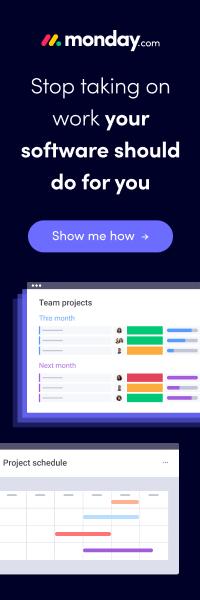In today’s paced job market, HR departments face the challenge of finding and hiring suitable talent for their organizations. Technology has permeated every aspect of our lives. It comes as no surprise that skills assessment software is transforming the HR industry. This innovative tool is poised to revolutionize HR strategies by enabling companies to make hiring decisions based on data, ultimately building high-performing teams. On that note, let’s delve into the advantages of skills assessment software and its profound influence on HR strategies.
1. Streamlining the Hiring Process
HR professionals encounter a hurdle in sorting through a pool of applicants to identify the ideal candidate for a job vacancy. Traditionally, this involved manually reviewing resumes and conducting rounds of interviews. However, skills assessment software streamlines this process, enhancing efficiency and objectivity.
With skills assessment software, HR professionals can design tests and assessments tailored to each position’s skill requirements. These assessments may include coding challenges, problem-solving exercises, and personality evaluations.
This software allows HR professionals to efficiently filter out candidates who do not meet the skill requirements, saving time and effort.
2. Ensuring Objectivity and Fairness in Assessments
Biases can inadvertently influence hiring decisions, resulting in discrimination and inequality within the workplace. Skills assessment software helps eradicate these biases by providing evaluations based on a candidate’s assessment performance. It focuses exclusively on assessing skills and abilities without considering gender, ethnicity, or age.
Furthermore, skills assessment software guarantees fairness by applying criteria to all candidates. This eliminates judgments and creates an equal level for evaluating candidates based on their skills. This approach promotes opportunities for all applicants while fostering diversity and inclusion throughout the hiring process.
3. Identifying Exceptional Talent
Skills assessment software surpasses recruitment methods by offering insights into a candidate’s strengths and weaknesses. It empowers HR professionals to pinpoint talent possessing the skills required for a particular role, facilitating the selection of candidates who can quickly contribute to the team.
The software generates reports highlighting a candidate’s performance across several areas, providing HR professionals with a clear understanding of their capabilities. This approach, driven by data, enables companies to identify candidates who meet the requirements and surpass expectations, ensuring that the most talented individuals are selected for each position.
4. Enhancing Employee Engagement and Retention
Skills assessment software goes beyond the hiring process; it also significantly impacts employee engagement and retention. By assessing a candidate’s skills and placing them in roles that align with their strengths, companies can foster a sense of fulfillment and job satisfaction among their employees.
When employees feel engaged and valued, they are more likely to remain with the organization for the long term. Skills assessment software assists HR professionals in identifying opportunities for upskilling and career development, guaranteeing that employees are constantly challenged and motivated. This reduces turnover and cultivates a positive work culture where employees can thrive and grow.
5. Ensuring Workforce Preparedness for the Future
In today’s changing business landscape, companies must continuously evolve to maintain competitiveness. Skills assessment software plays a role in preparing the workforce for challenges by identifying skill gaps and providing insights into emerging trends and technologies.
By evaluating employees’ skills, HR professionals can pinpoint areas that need improvement and implement training programs to enhance development. Taking such an approach helps companies stay ahead of the game and ensures their workforce is well-equipped to tackle challenges.
6. Improving HR Analytics
Data-driven decision-making is the new way for HR, and skills assessment software plays a role in this transformation. By generating reports and analytics, HR professionals gain insights into their recruitment processes and employee performance.
These insights can be used to spot trends, evaluate the effectiveness of assessments, and optimize HR strategies. By leveraging this data, companies can continuously enhance their hiring processes and ensure they attract and retain talent.
Conclusion
Skills assessment software is poised to revolutionize HR strategies in the future by simplifying the hiring process, providing evaluations identifying talent, improving employee engagement and retention, proofing their workforce, and enhancing HR analytics. As technology advances, HR professionals must embrace these tools to make data-driven decisions and build highly effective teams. The future of HR lies in efficient data-driven approaches thanks to skills assessment software.













